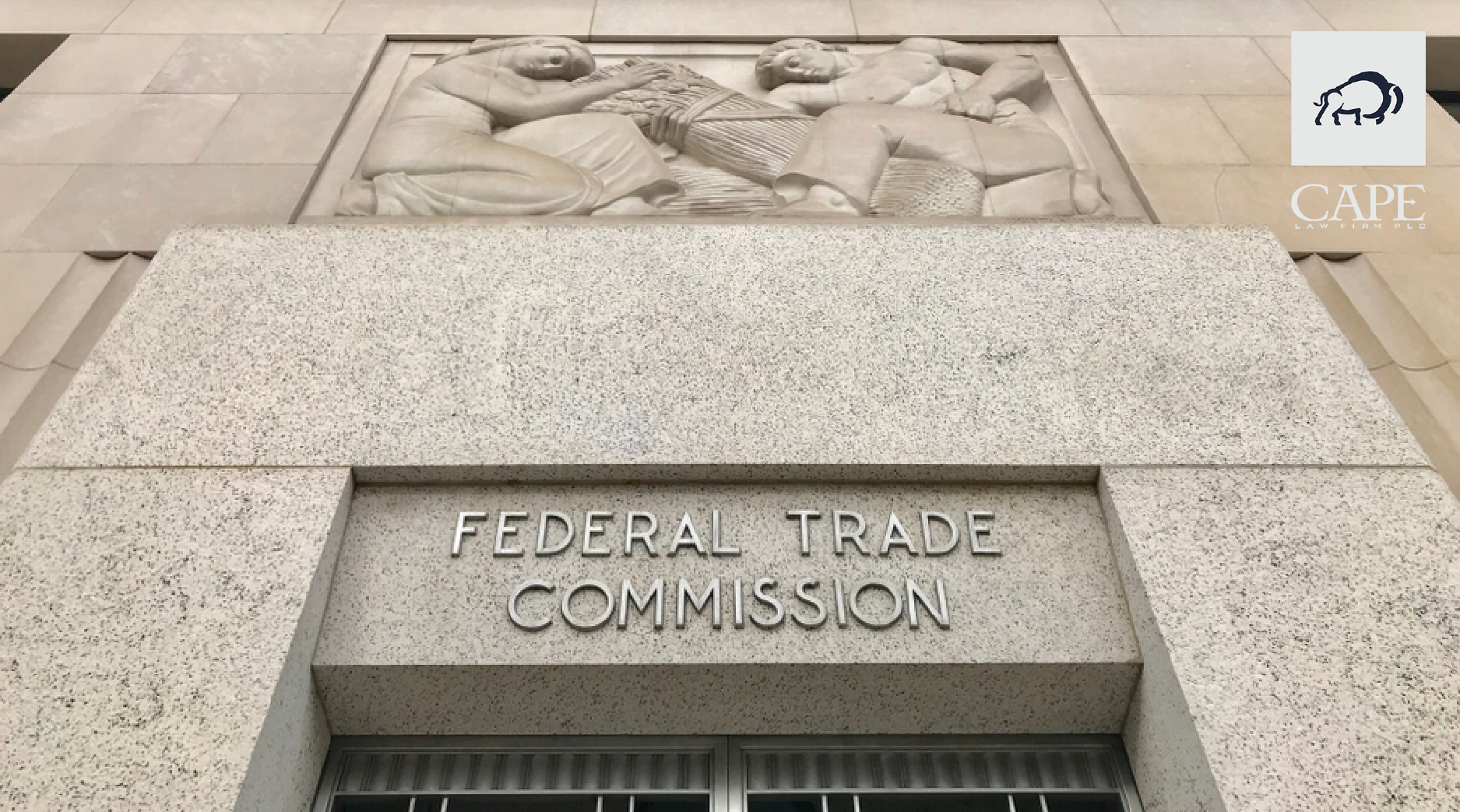The Federal Trade Commission has proposed a new rule that will ban employers’ use of non-compete agreements on their employees. Traditionally, noncompete agreements were disfavored and courts often refused to enforce them, reasoning that losing employees to competitors was just ordinary competition and workers should not be unduly burdened in their pursuit of a livelihood. However over the last two decades attitudes towards noncompetes swung in favor of employers among courts and state legislatures by allowing and enforcing the agreements. As a result noncompetes have become fairly pervasive in the U.S. and cover a wide swath of workers, ranging from “hairstylists and warehouse workers to doctors and business executives” according to the FTC.
Under the proposed new rule, it would be illegal for employers to:
- enter into a noncompete agreement with and employee;
- maintain existing noncompete agreements with employees.
Employers would be required to inform workers that existing noncompetes were no longer valid. The rule would apply to both paid and unpaid employees, as well as independent contractors. The potential impact of the rule could be quite significant and would likely affect nearly every industry in the country. A number of business groups point to legitimate reasons for noncompetes, such as protecting trade secrets, intellectual property, and confidential information. The Wall Street Journal reported on the proposal which can be read here.
The Right to a Subscription to Repair Your John Deere
Farm equipment manufacturer John Deere recently signed a Memorandum of Understanding with the American Farm Bureau Federation in which Deere promised to allow farmers and independent service technicians the ability to pay for a subscription to diagnose and repair Deere farm equipment. The MOU resulted from the grassroots Right to Repair movement which promotes policies and legislation allowing equipment owners the tools and know-how to fix highly computerized equipment (like farm tractors). According to DTN Progressive Farmer, as part of the agreement, AFBF agreed to encourage its state Farm Bureau organizations to “decline from ‘introducing, promoting, or supporting federal or state ‘Right to Repair’ legislation'” which does not follow the MOU. You can read more here.
Natural State Coalition Seeks Safe Herbicide Use to Protect Lands
As we reported last week, the Natural State Coalition is aiming to protect Arkansas’ diverse landscapes from continuous damage resulting from overuse of dicamba herbicides. Be sure to check out the the Coalition’s web site as the Arkansas legislature begins its 94th General Session which is expected to address policies to balance agricultural use of dicamba with the need to protect lands and landowners from unnecessary damage. You can learn more about Natural State Coalition here.





